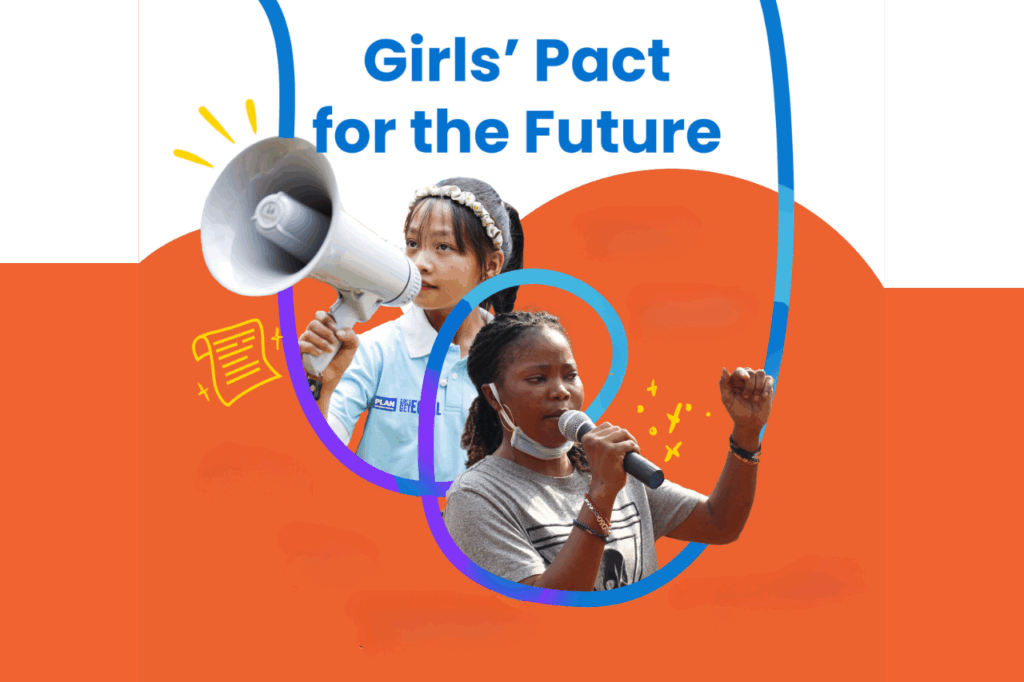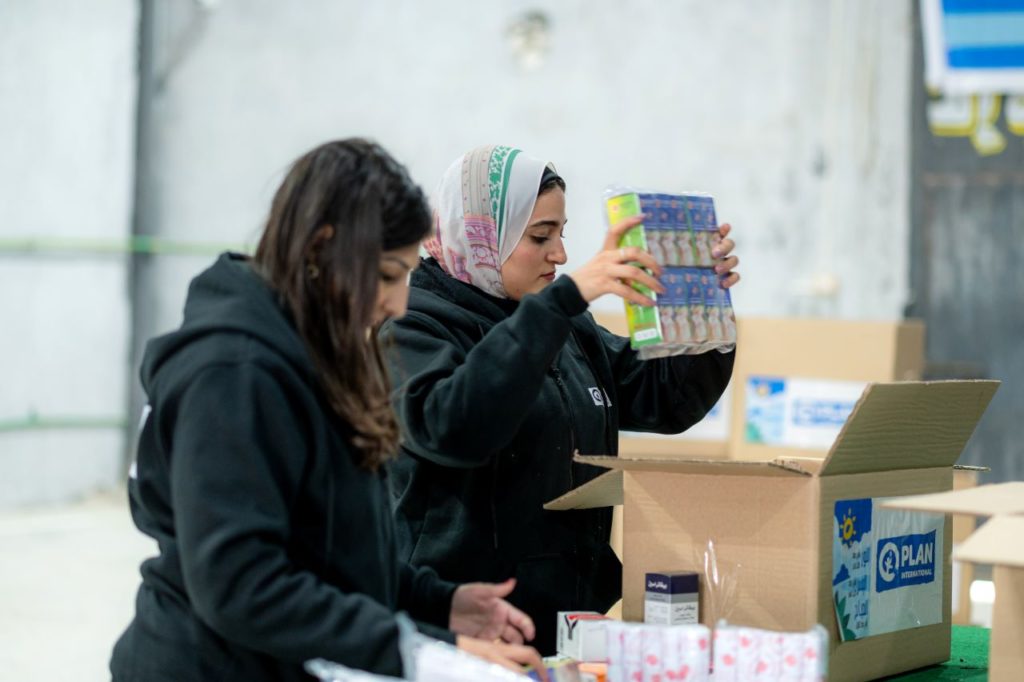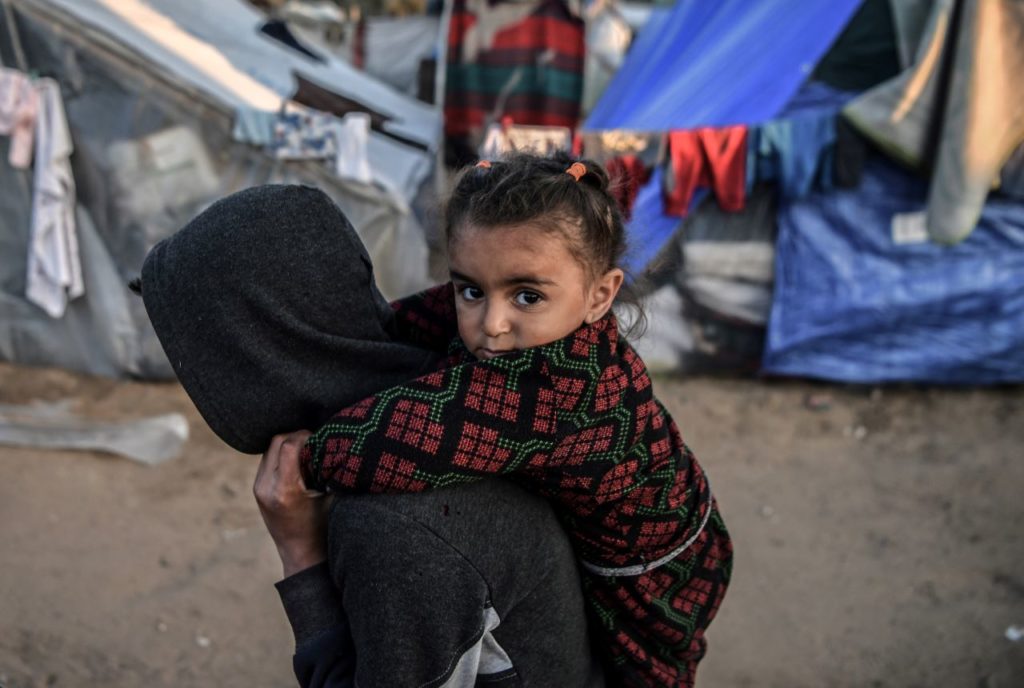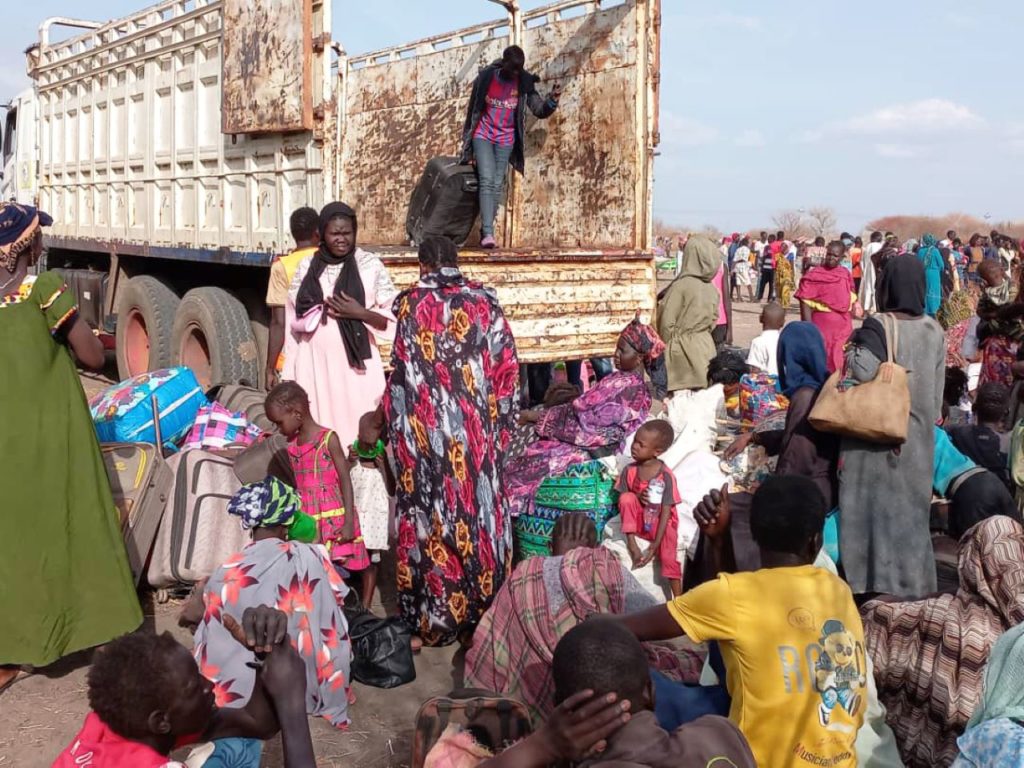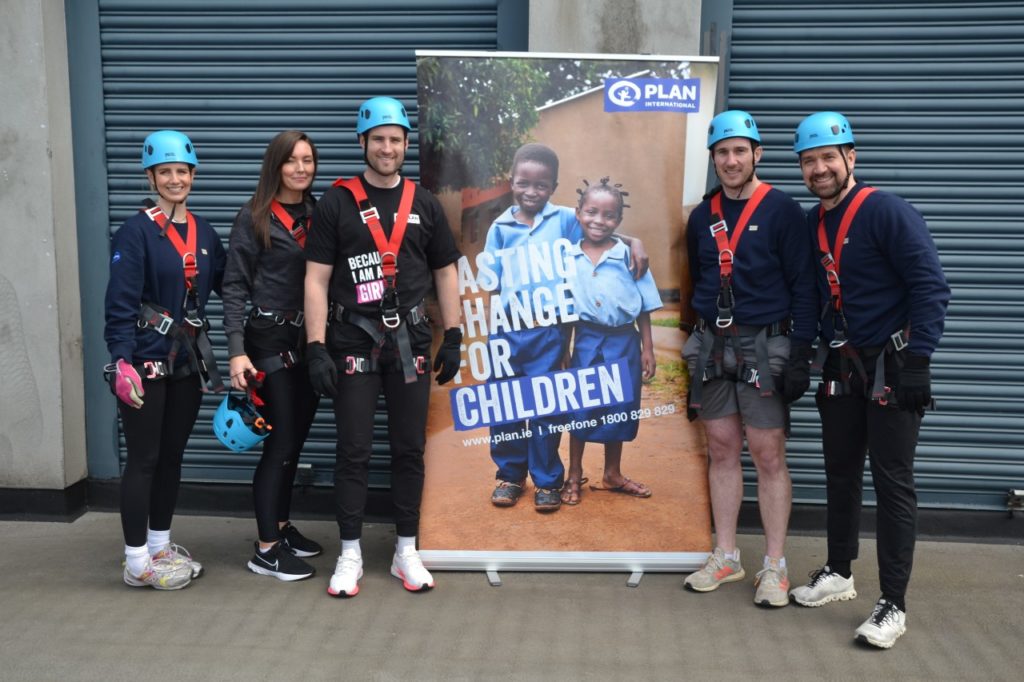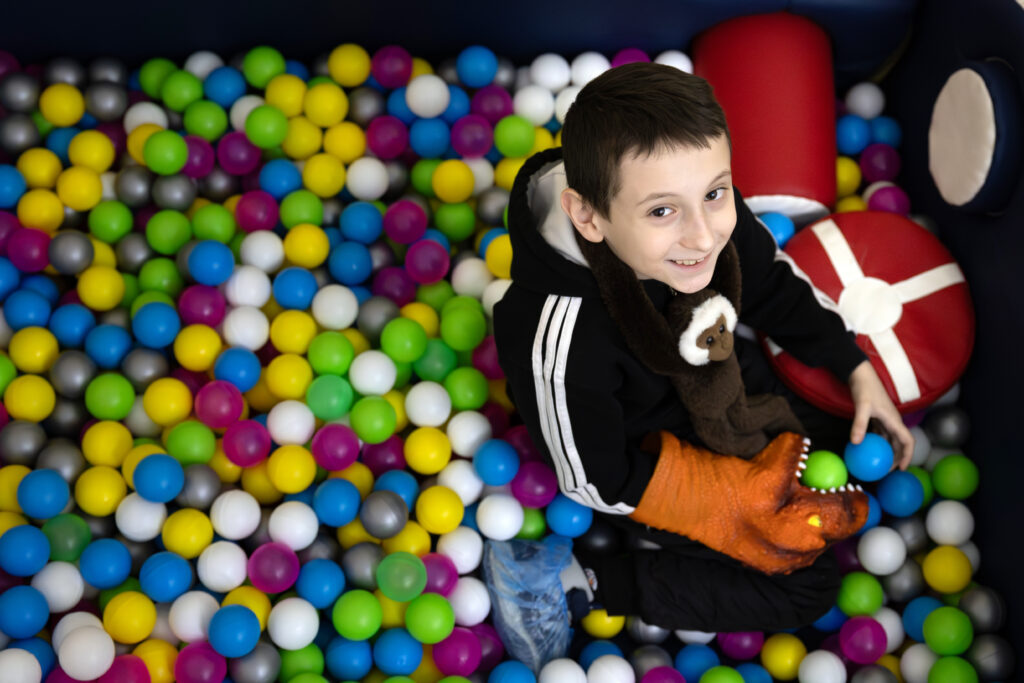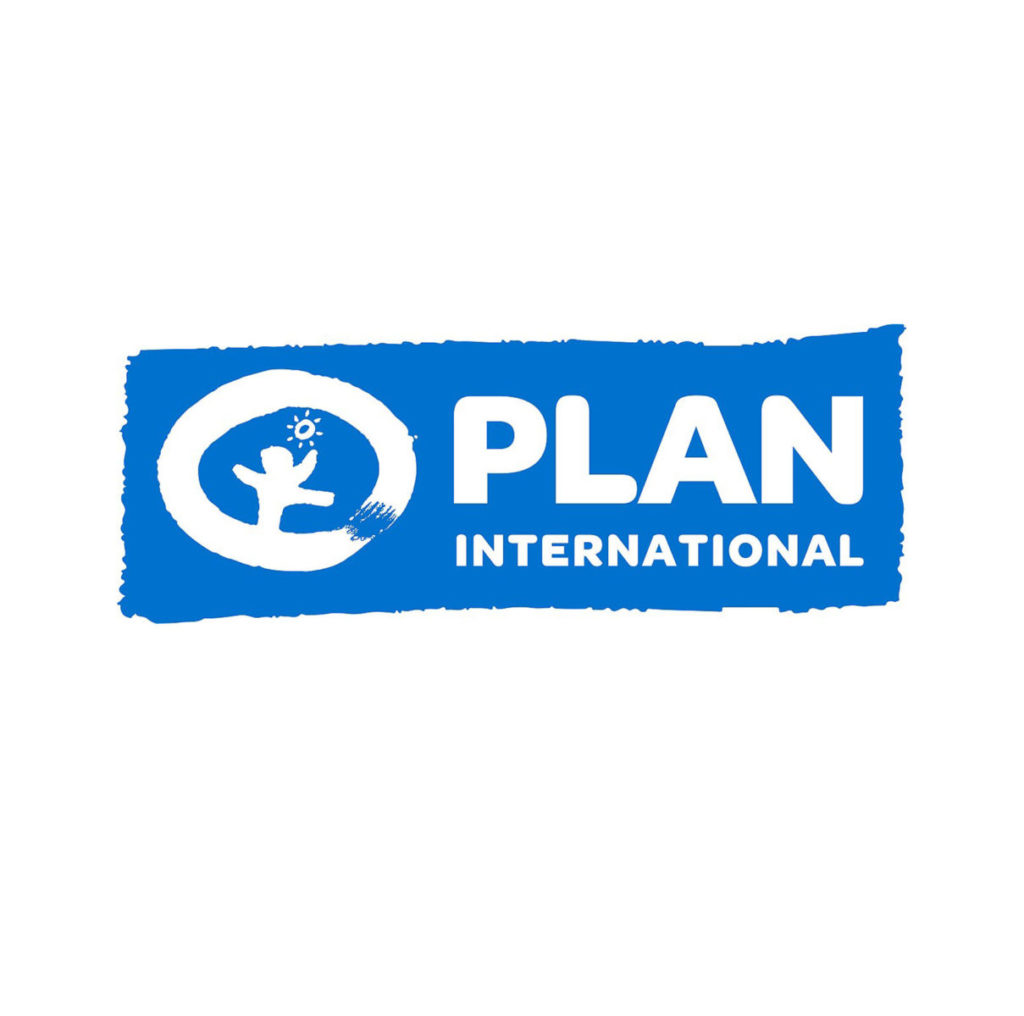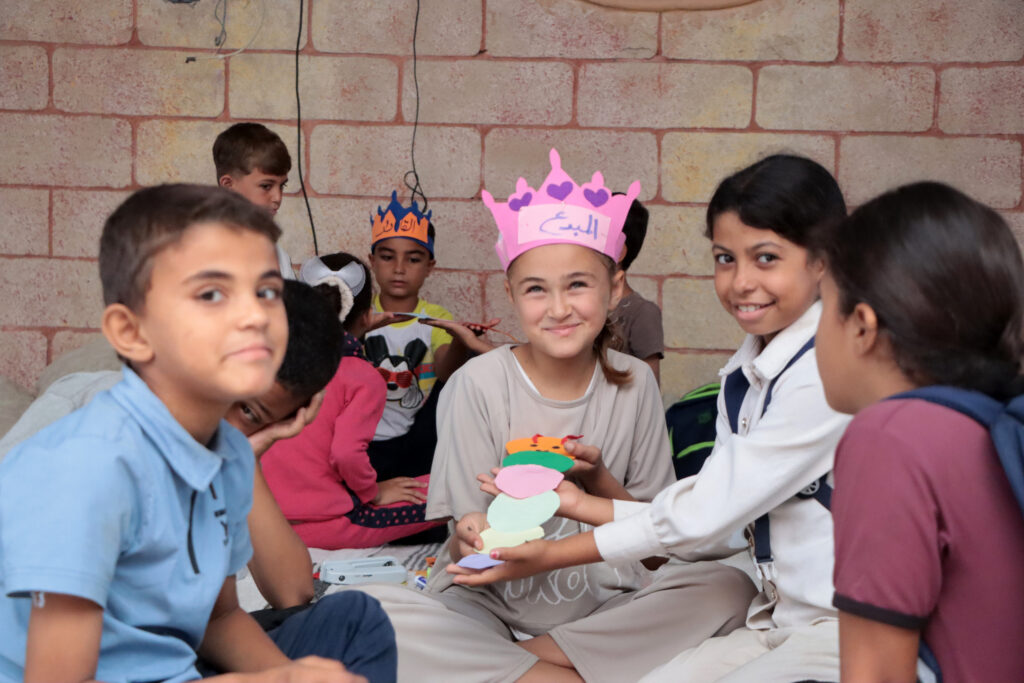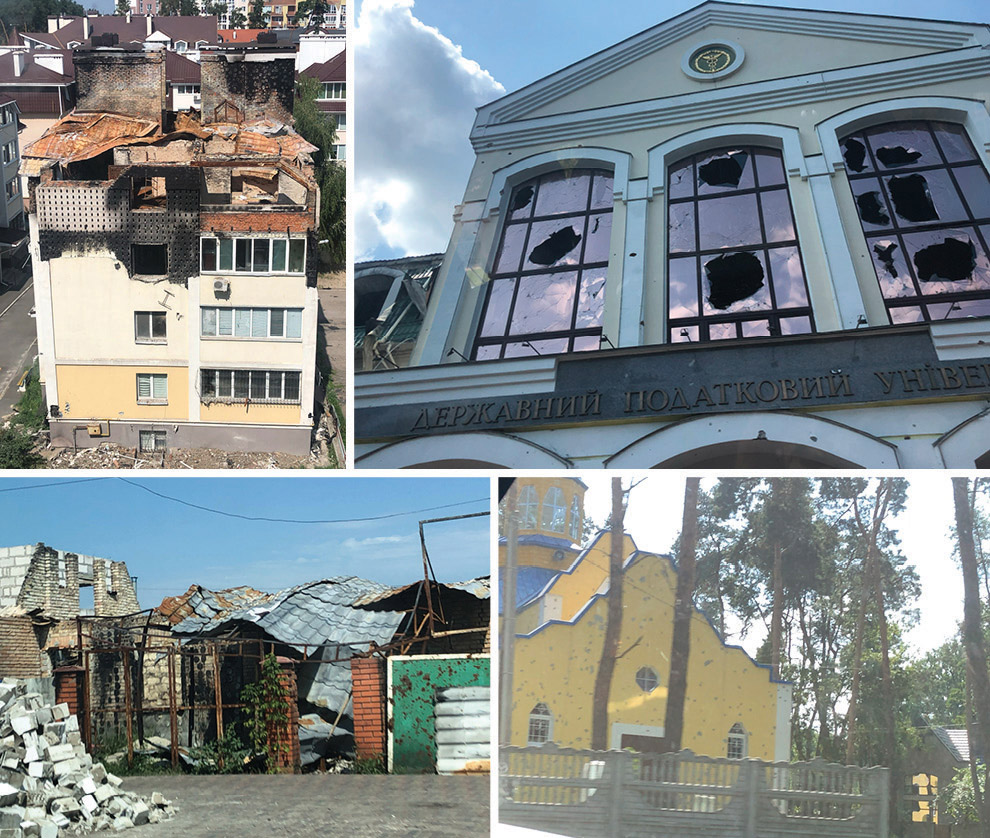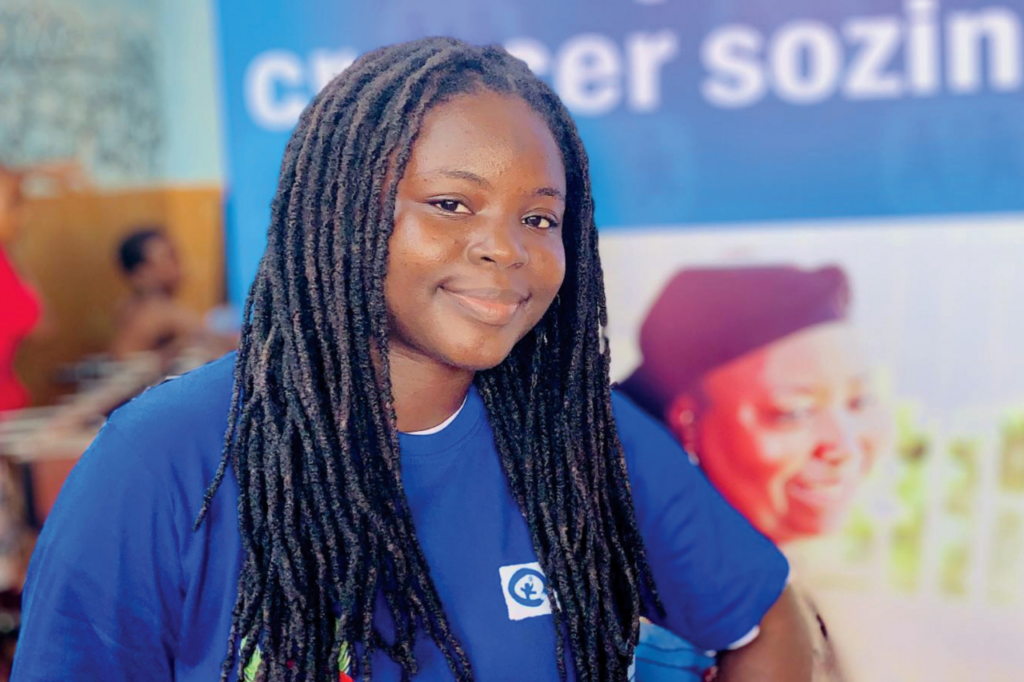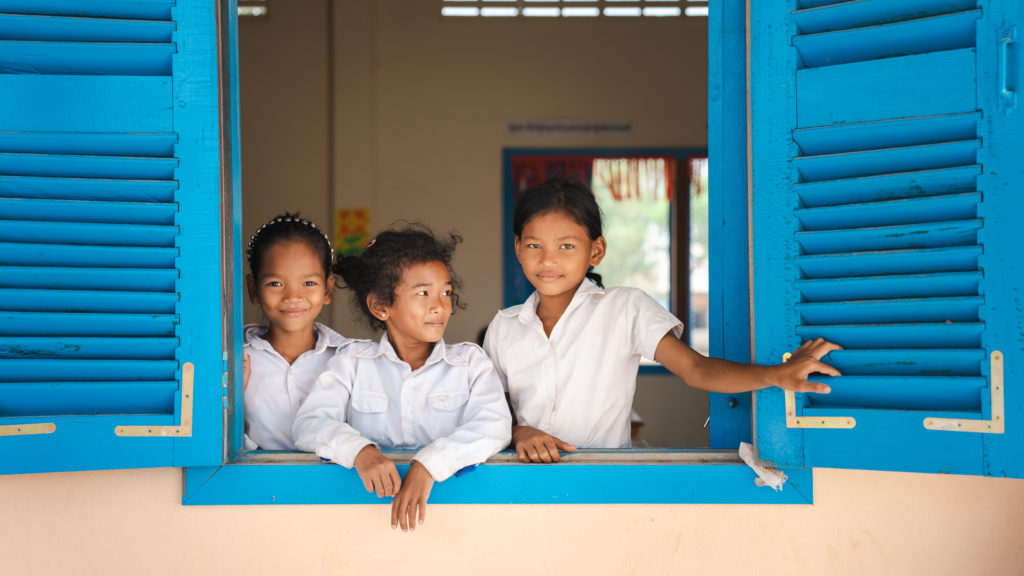Port Loko District, where Plan works, has been one of the country’s most affected areas with Ebola.
In towns across the district you will see buckets filled with chlorine for hand washing, temperature check points and Ebola information posters plastered on buildings, many of which have been implemented by Plan.
Everywhere, conversations about Ebola remind you that you are entering a community devastated by Ebola. Even the favorite handshake that welcomes visitors has been replaced by either a nod or a brush of the elbows.
However there are signs of hope that things are starting to return to normal. Alimamy, 4, and Idrissa, 3, caught the disease after staying with their mother’s eldest sister who was ill with Ebola. When they fell ill also, they went home and subsequently infected their brother and father.
“Four days after the funeral of my sister, Alimamy and Idrissa started experiencing severe headaches and a slight fever which urged me to return home. I was worried about my children’s poor health.” recalls Adama, their mother.
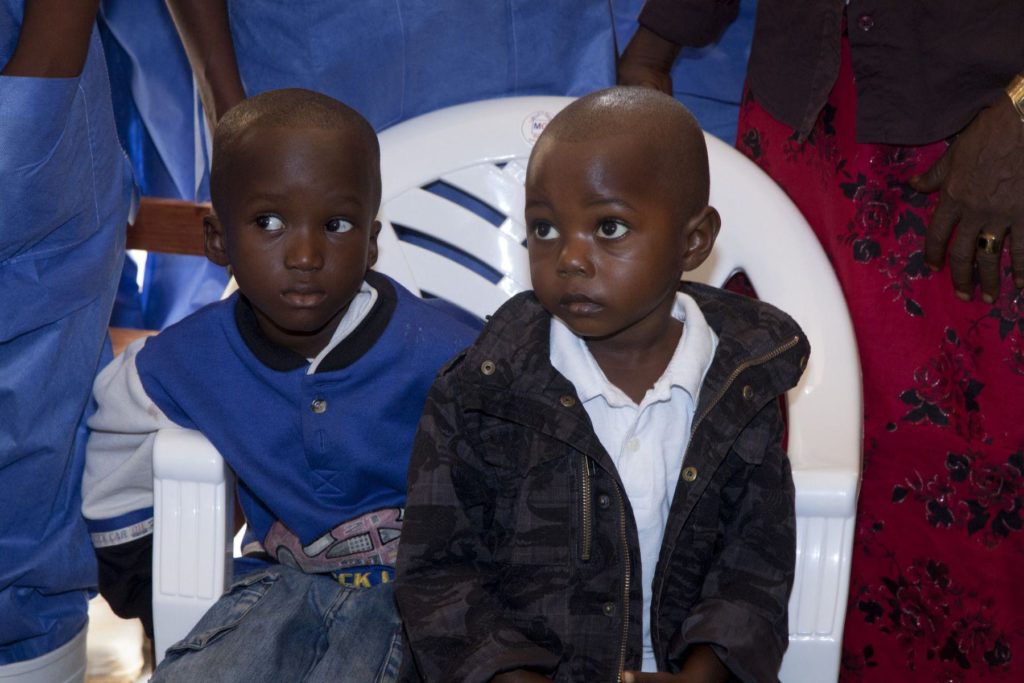
“Alimamy and Idrissa continued to receive treatment at home for two days. With not much improvement, I called for an ambulance and we were quickly rushed to the Port Loko treatment hospital. Our house was isolated by other community members even before the arrival of the Medical team.” Adama adds.
The boy’s father died the same week, the following week their elder brother also died. According to nurses, the two young brothers displayed very serious symptoms when first admitted.
“They were very sick. We did not think they would survive as so many children haven’t,” explains Nurse Kamara. “However, their condition gradually improved and they were able to fight off the virus.”
“When my children finally achieved a negative test result, which revealed there was no more Ebola virus in their system, they were discharged.” Adama says happily.
When patients leave the treatment center, they are given a set of clothes, some financial assistance to pay for their transport home of around (US$10) and a certificate declaring that they are healthy and no longer have Ebola.
Plan is working with the Ministry of Health and Sanitation and other health partners to support the Ebola response through the supply of disinfectants and hand washing materials, provision of posters and information booklets and supporting social mobilization and communication efforts.
Through partner organisations, Plan is reaching out to villages, towns and communities in markets, mosques, churches and via media outlets to spread information about Ebola so that people have the knowledge to protect themselves and their children.
Alimamy and his brother are now back at home with their mother and Adama hopes that Alimamy will be able to start school when they reopen.
